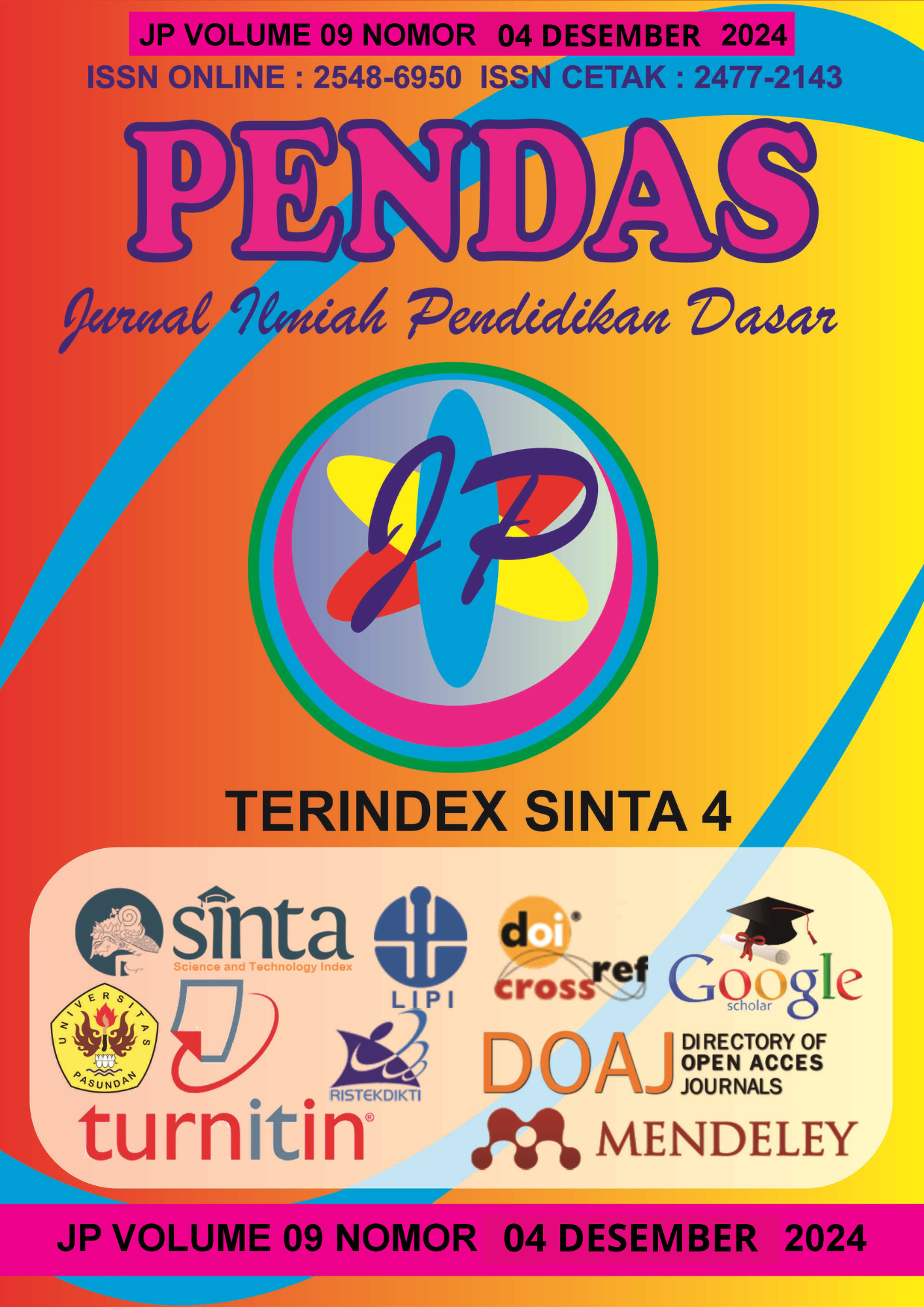“DESAIN INSTRAKSIONAL : KUNCI SUKSES PEMBELAJARAN DI ERA DIGITAL”
DOI:
https://doi.org/10.23969/jp.v9i04.19324Abstract
In today's digital era, learning has undergone a significant transformation. Instructional design plays a crucial role in creating an effective and engaging learning experience. This journal discusses instructional design concepts, the key components that influence them, as well as strategies that can be used to improve the quality of learning in a digital environment. This research aims to identify the basic principles of instructional design that can be the key to success in learning in the digital era. This study uses a qualitative approach method with literature analysis that discusses various instructional design models and their applications in the context of digital learning. The results of research in institutional design provide the key to successful learning in the digital era, namely by applying learning component components including design, process, and evaluation.
Downloads
References
Agustin, M, & Syaodih. (2008).Bimbi-ngan konseling untuk anak usia dini. Jakarta: Universitas Terbuka.
Brabender, V., & Fallon, A. (2009). Group development in practice: guidance for clinicians and researchers on stages and dynamics of change. Washington, DC: American Psychological Association.
Fariq, A. (2011). Perkembangan dunia konseling memasuki era grobalisasi. Pedagogi, II Nov 2011(Universitas Negeri Padang), 255-262.
Hodgson, J., & Weil, J. (2011). Commentary: how individual and profession-level factors influence discussion of disability in prenatal genetic counseling. Journal of Genetic Counseling, 1-3.
Lyznicki, J. M., Young, D. C., Riggs, J. A., Davis, R. M., & Dickinson, B. D. (2001). Obesity: Assessment and management in primary care. American Family Physician, 63(11), 2185-2196.
Downloads
Published
Issue
Section
License
Copyright (c) 2024 Pendas : Jurnal Ilmiah Pendidikan Dasar

This work is licensed under a Creative Commons Attribution 4.0 International License.














































